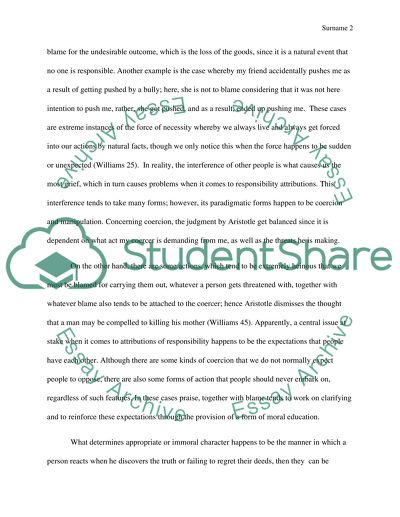Aristotle's Theory concerning Moral Responsibility Essay. Retrieved from https://studentshare.org/philosophy/1455433-phi201-mod-2-ca
Aristotle'S Theory Concerning Moral Responsibility Essay. https://studentshare.org/philosophy/1455433-phi201-mod-2-ca.


